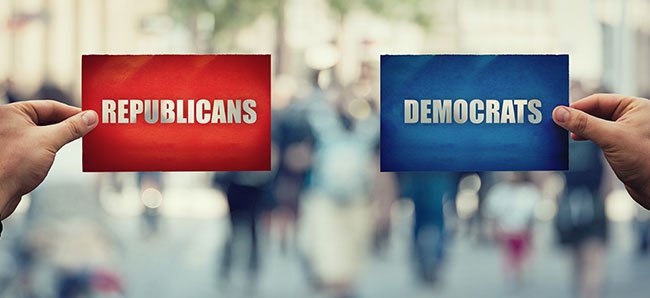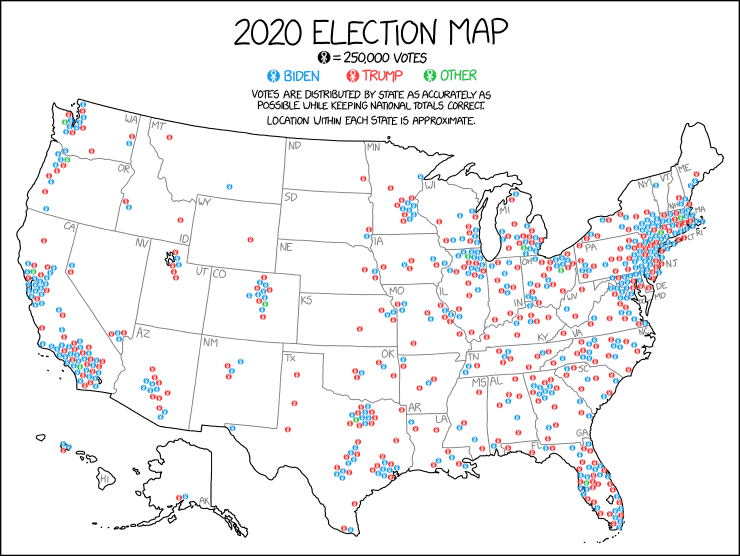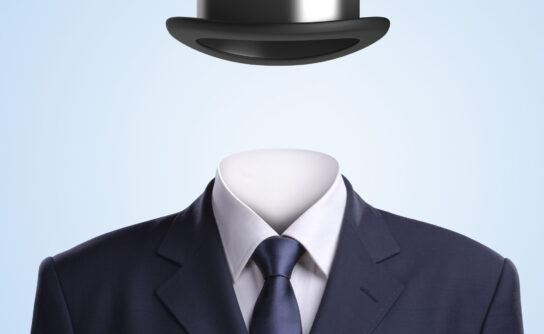As I write this, I have been an attorney for almost 27 years. In those 27 years, I’ve seen it all.
Family dynasties torn asunder after the family matriarch or patriarch dies, and the cousins cannot get along.
Sons beating up fathers. Daughters against mothers. A best friend changing the locks to the business. A million-dollar business sale turned into a white-collar crime. A CPA partner who keeps a second set of books. And, much, much, much more. Read Avoiding a Narcissistic Partner for more examples.
What I’ve learned in these 27 years, is that bad actors can lie to your face, and cheat and steal. But, even good actors can sometimes bend the truth or exaggerate to sway opinion to “make the sale” or otherwise “gain your vote.” Because we’re humans, we are all generally persuadable through similar devices. Said more pessimistically, we all can be manipulated with common devices and its important to know when we’re being manipulated or at the very least, to be able to recognize when the other party may be bending the truth in an attempt to appeal to us to take action — i.e. to make a purchase, sign a deal, approve a transaction, or perhaps to avoid a competitor.
Whether we’re talking politics or business, the devices used for human persuasion are the same.
Let me share a few with you I see time and time again:
- Bolstering one’s position by referencing “THEY”, as in “They say my product is the best on the market.” Who are “they,” and are “they” really qualified, unbiased, without conflict and honest?
- Using a narrative (i.e. this person has lied before) to establish the truth to some position, as in “This person lied to a friend of mine a few years back, so don’t believe a word he says now.” Is the lie years ago true? Was it substantial (i.e. versus a white lie)? Why can’t you believe him now?
- Taking one fact, and attempting to prove a different fact, such as “I want to sue my employer for discrimination. I know he fired George, and George is Native American.” Assuming George is indeed Native American, what does that have to do with his firing (i.e. was George fired for poor performance or some other cause)? And, what does George’s firing have to do with the alleged discrimination by the other employee?
- Making a false equivalence, to justify an otherwise unjustifiable position, such as saying “I don’t think my Partner has been dedicated to the company, so I think it’s fair I take more money from the company.” “Take money” is another word for “steal” (also called embezzlement), and even if you own the company and even if the Partner isn’t dedicated, does that justify stealing or embezzlement?
- Repetition by similar stakeholders / beneficiaries. Take any of the above statements, and if more people say it or repeat it, it starts sounding true doesn’t it? Why would so many people say the same thing? The answer is, because it benefits them.
These devices (and many more) are very powerful and therefore heavily used in the political context. There are some articles you may find interesting, including How Political Leaders Strategically Manipulate Us, in Psychology Today, and This Is Not Equal To That: How False Equivalence Clouds Our Judgment, in Forbes.
This brings me to Red States versus Blue States.
The problem with politics, is it’s winner take all especially in the race for President. If you look at a typical “Presidential Election Map,” you will see Red States and Blue States as though the entire State of Texas voted Red and the entire State of California voted Blue.
The problem is, these maps represent a false narrative, trying to tell you that the State of Mississippi is conservative, and the State of New Mexico is liberal. It’s not true, and the narrative is false.
When you see a Red Wyoming or a Blue New York, what it really means is that a majority of voters voted for the color indicated, and threw out all the votes for the other party. Even in a close election, where millions of voters voted and the election comes down to a few thousand votes, all those votes for the “other guy” are simply thrown away in favor of the victor.
Is this as it should be? The debate on whether the Electoral College is fair or right is outside the scope of this article. The point I want to make is that if you really think about it, the politicians have an incentive to use every device available to convince, persuade, manipulate and push you to vote for them. There’s very little incentive to not use every trick in the book, save for potential political backlash.
In securities, we have the SEC to help protect the innocent from security fraud and Ponzi schemes. We have the FDA to protect folks from snake oil. In politics, we have nothing. Nothing to protect you from the manipulative devices used by politicians.
If you are very angry at “the other side” due to the 2020 election, or have very negative feelings towards folks on “the other side,” please believe me when I say you are the victim of manipulative devices. The “other side” includes family, relatives, neighbors, first responders, customers, teachers, nurses, truck drivers, union members, clients, vendors and more. 99.9% of these people may care about politics, but they care a lot more about you, their families and their jobs.
I think this election map by Randall Munroe, who runs the XKCD Comic, is brilliant. It doesn’t really need a lot of explanation, but I think Mr. Munroe says it best, by saying “There are more Trump voters in California than Texas, more Biden voters in Texas than New York, more Trump voters in New York than Ohio, more Biden voters in Ohio than Massachusetts, more Trump voters in Massachusetts than Mississippi, and more Biden voters in Mississippi than Vermont.”
Don’t let the politicians manipulate you, nor your sense of what is right and wrong. And, don’t let anyone else do that to you (or your business) either.





